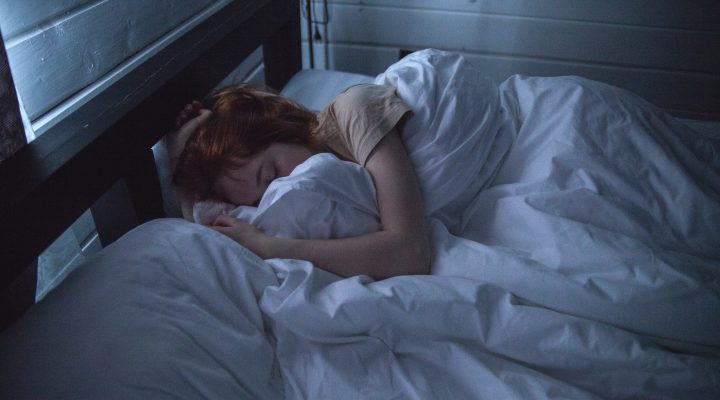According to a new study published in the journal Sleep, the brain functions of night owls and early birds could be different during waking hours of the day.
Researchers from the University of Birmingham scanned the brains of night owls, those with a bedtime of 02:30 and waking at 10:30, as well as those of early birds.
The tests found that night owls scored lower on tests which marked consciousness.
Nights owls also showed poorer attention spans, slower reactions and increased sleepiness.
Early birds in contrast were least sleepy in the mornings, as well as posting their fastest reactions earlier on in the day.
|| If you are a daytime mode person gtfo. Nighttime mode 24/7. Where my other night owls at?
— ꓄eѕѕα 卄ιɢнтoρρ (@WaywardOutcast) February 15, 2019
The parts of the brain which predicted better performance and lower sleepiness scored significantly higher in early birds at all times during the study.
Dr Facer-Childs, the lead researcher of the study, said there was a “critical need” to understand how different types of people perform throughout the day based on their sleep cycles.
“If, as a society, we could be more flexible about how we manage time, we could go a long way towards maximising productivity and minimising health risks.”
The study mentions that the differences between early birds and night owls are not a type of damage and are probably reversible.

